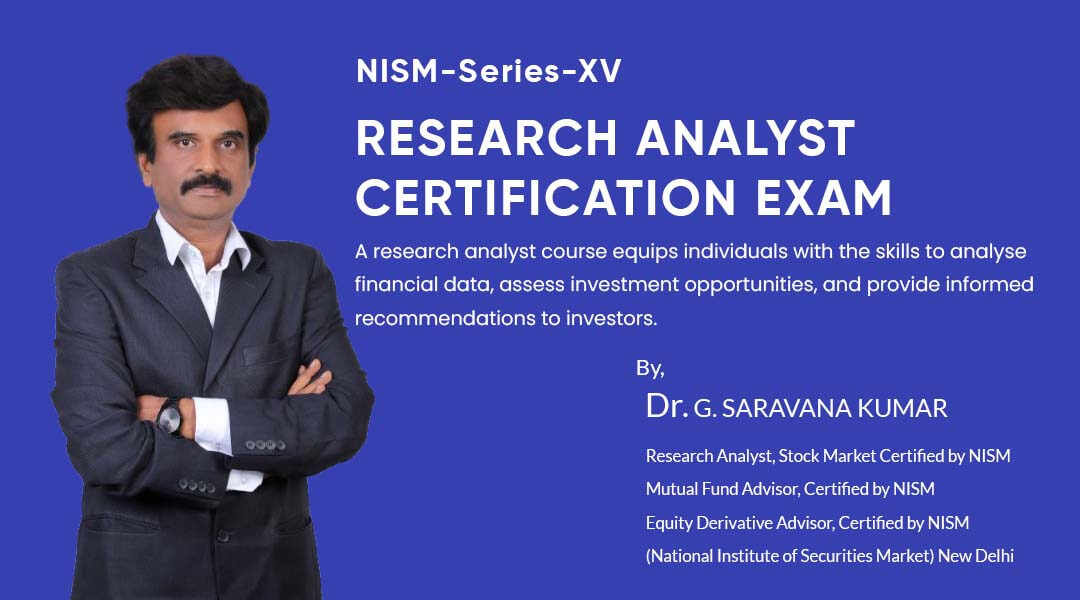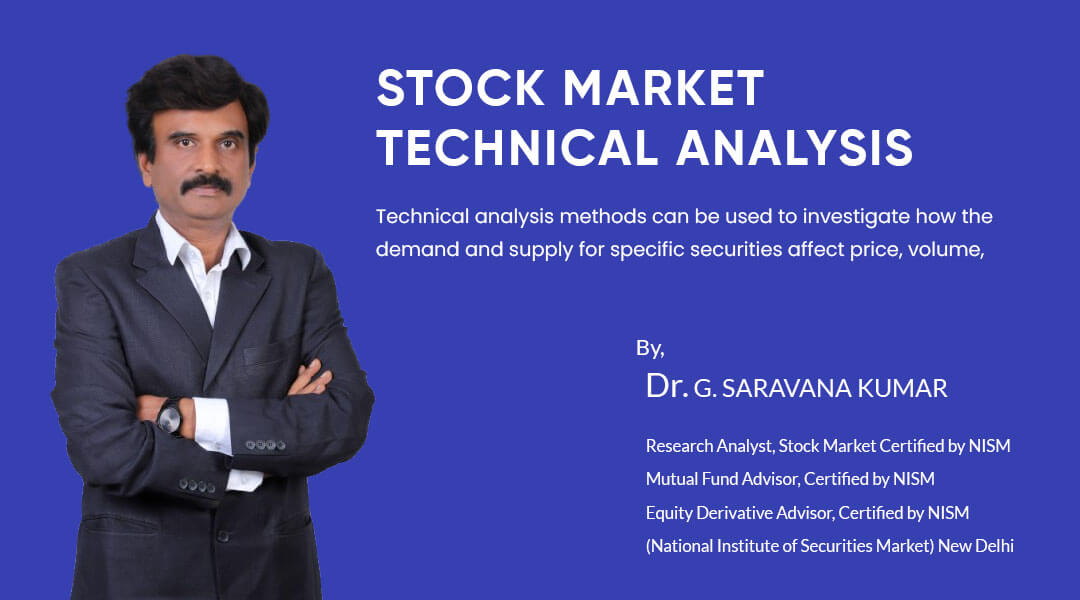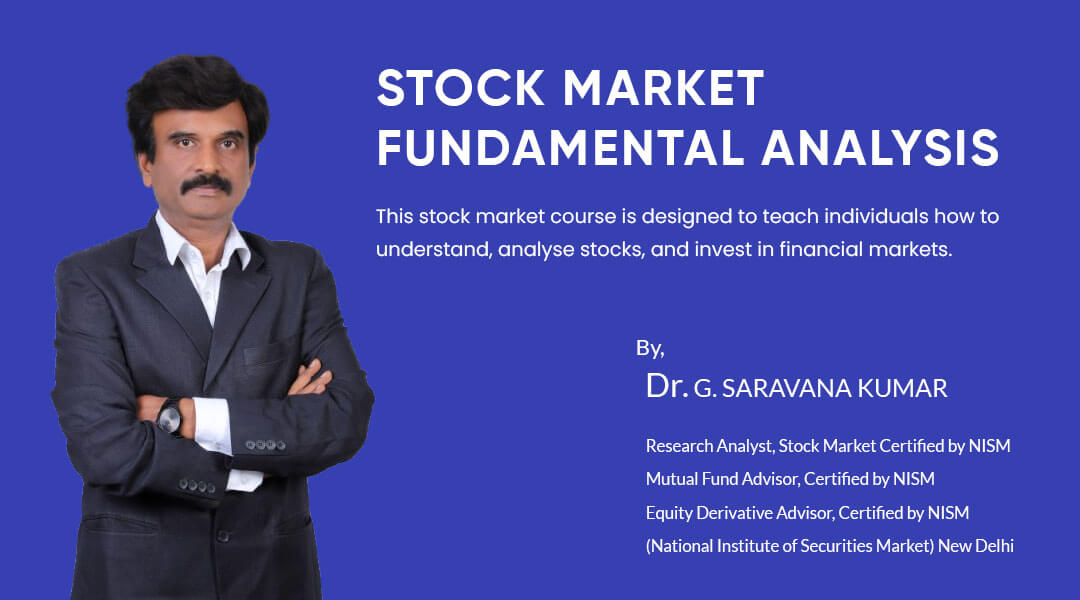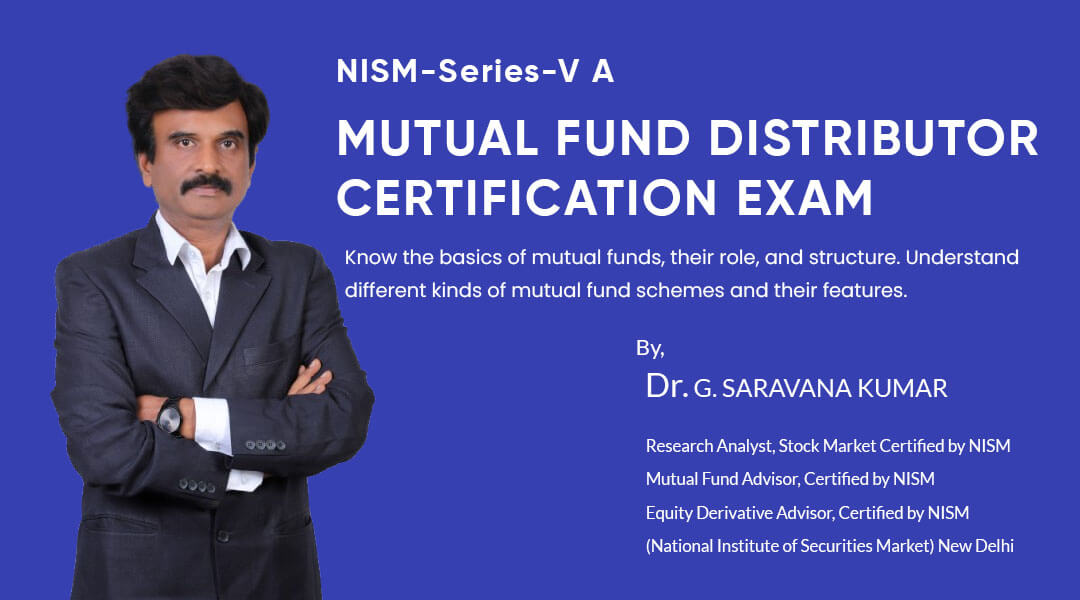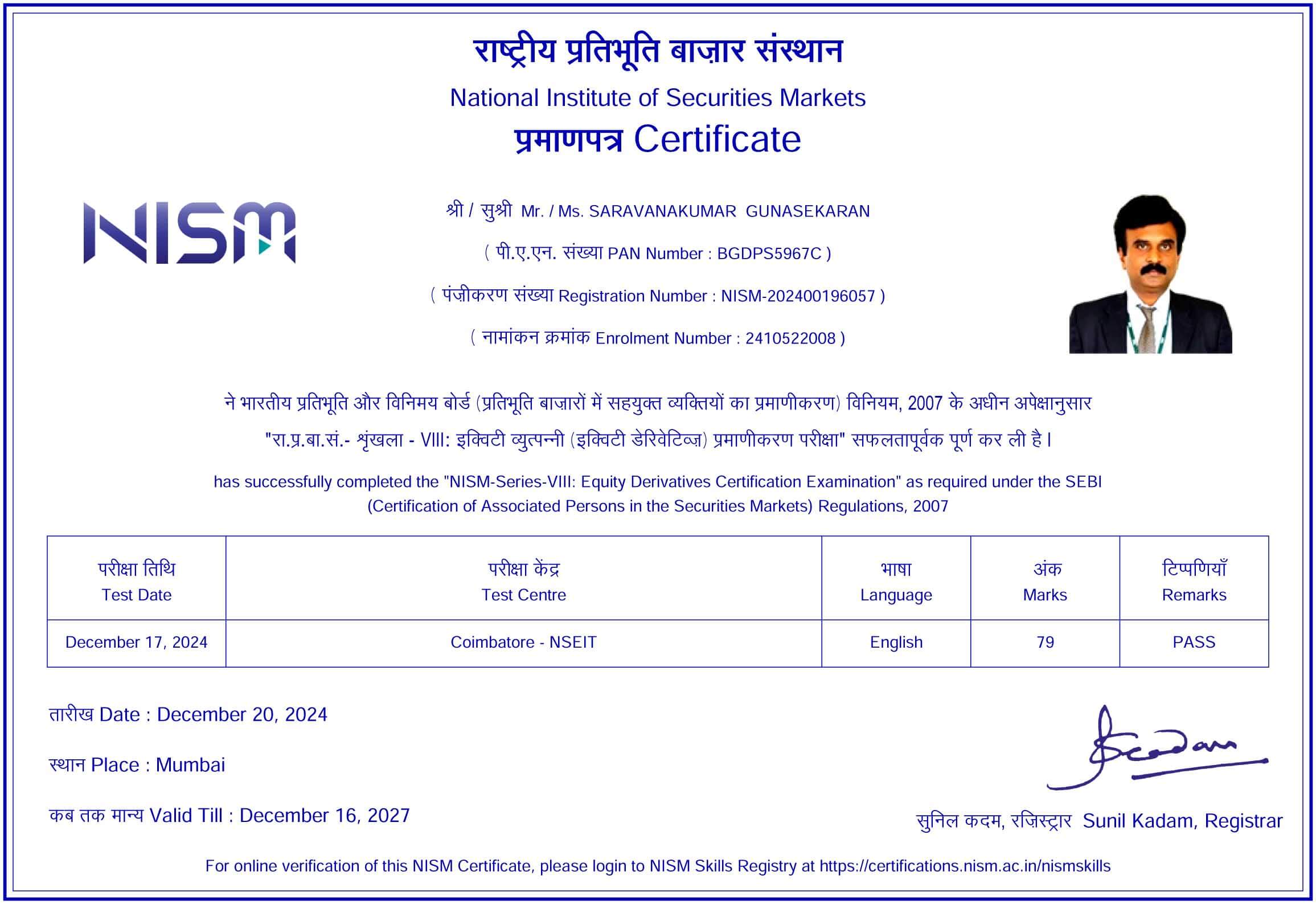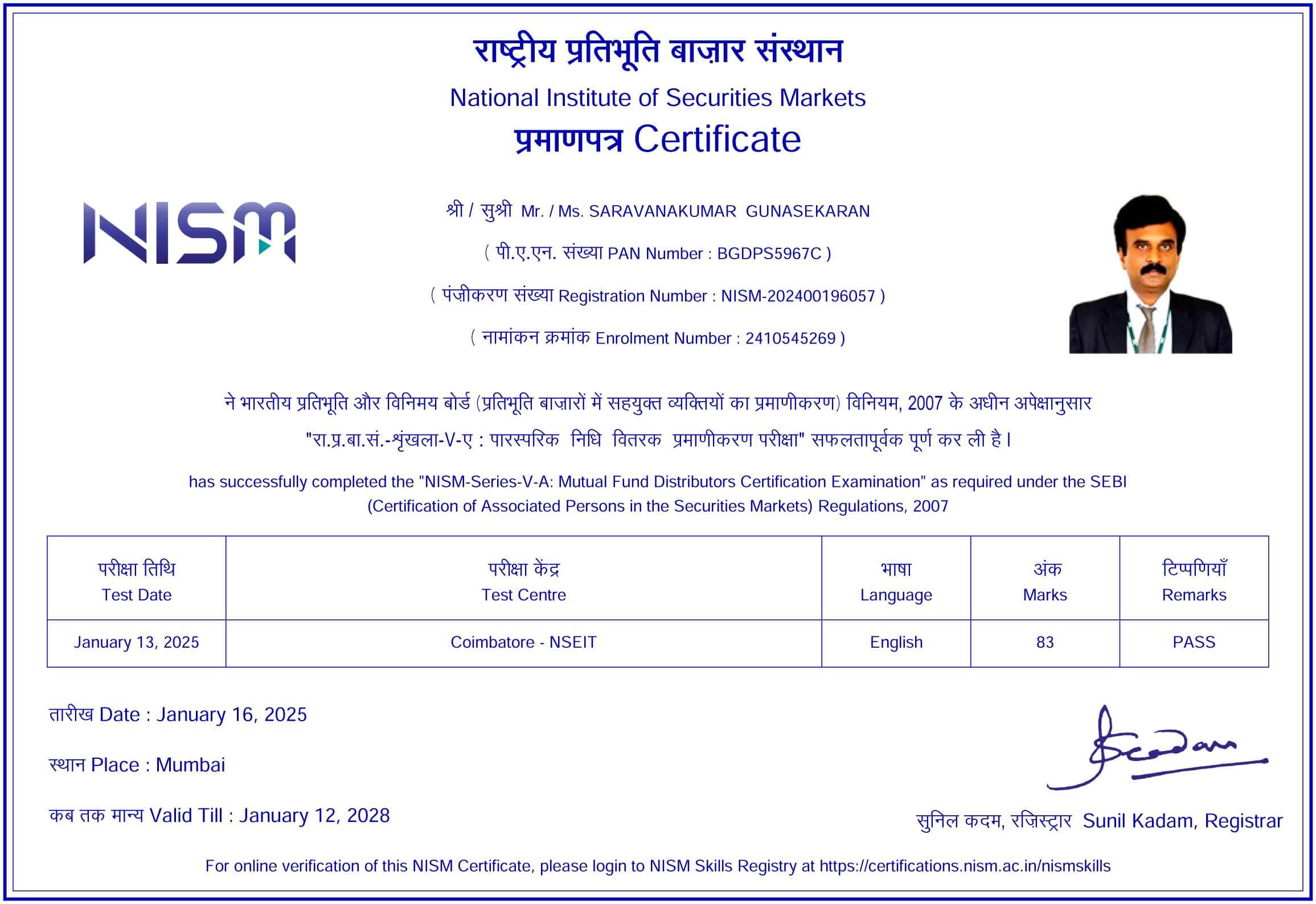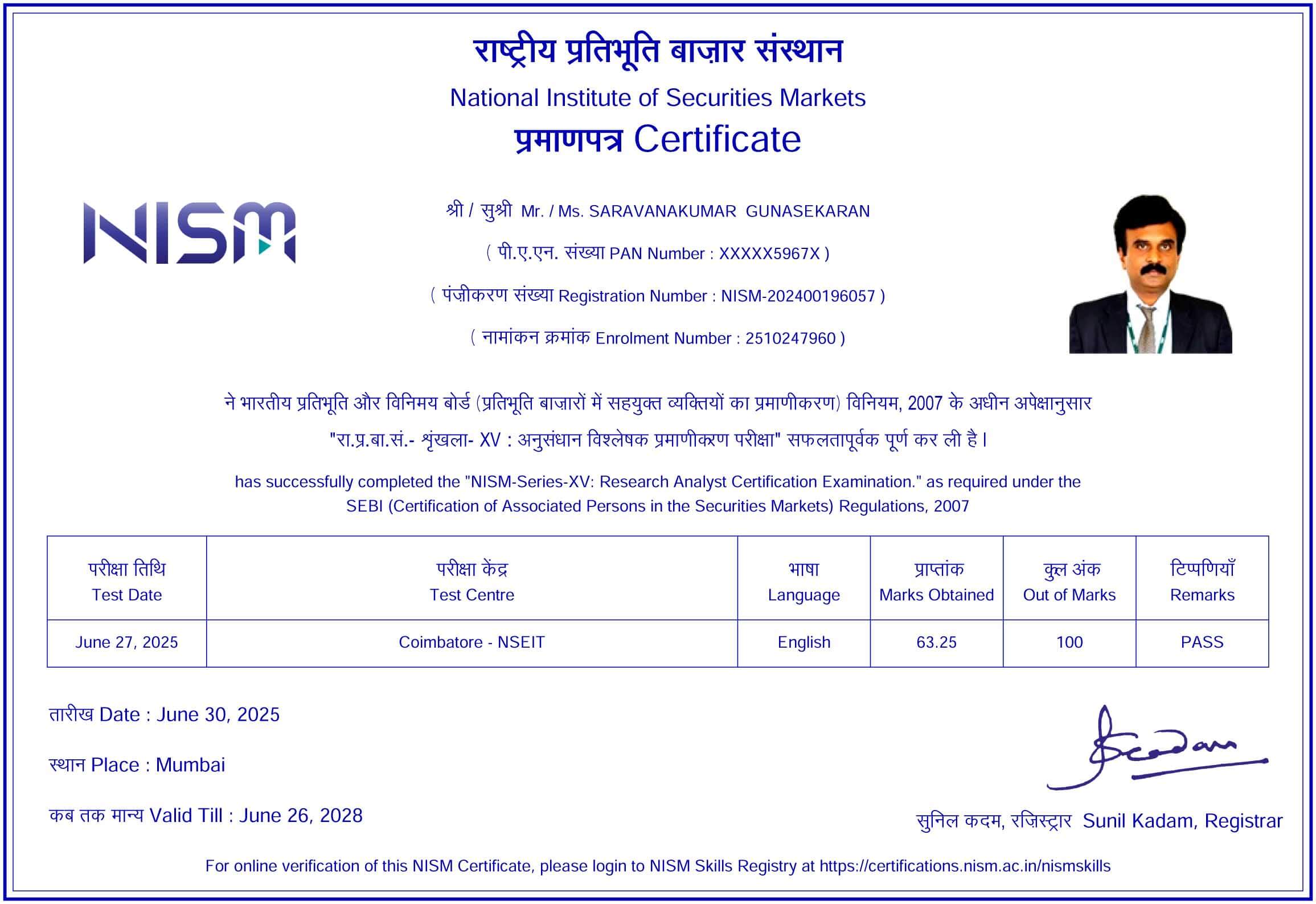NISM-Series-VIII: Equity Derivatives Certification Examination
This course enhances your credibility and employability in financial institutions, brokerage firms, and investment banks.
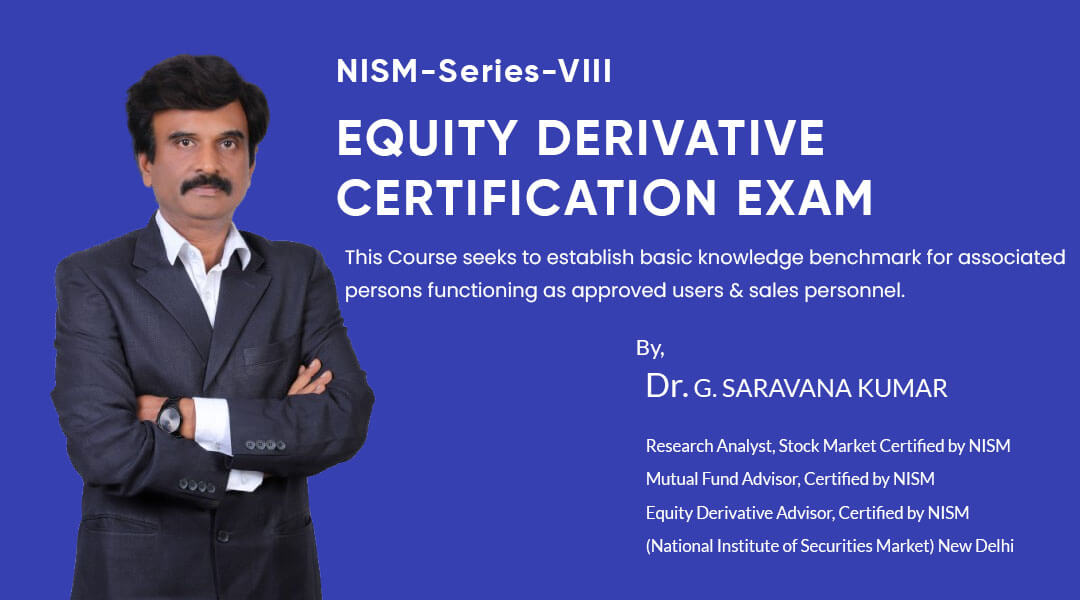
This course seeks to create a common minimum knowledge benchmark for associated persons functioning as approved users and sales personnel of the trading member of an equity derivatives exchange or equity derivative segment of a recognized stock exchange.
It aims for a better understanding of various derivative products available in equity derivatives markets, regulations, and risks associated with the products and the exchange mechanisms of clearing and settlement.
The examination also covers knowledge competencies related to the understanding of the financial structure in India and the importance of the different rules and regulations governing the Indian securities market, especially those related to the equity derivatives segment.
Professional Career Growth Opportunities
Enhanced Career Prospects: Holding NISM Series VIII certification enhances your credibility and employability in financial institutions, brokerage firms, and investment banks seeking skilled professionals in derivatives trading and risk management.
Specialized Expertise: Mastery of equity derivatives sets you apart as a specialist in financial instruments crucial for institutional investors, asset managers, and hedge funds.
Global Recognition: NISM certifications are recognized globally, providing opportunities for career mobility and international exposure in financial markets.
Basics of Derivatives, Indian Derivatives Market.
Market Participants, Types of Derivatives Market.
Significance of Derivatives, Risk faced by participants in Derivatives.
Introduction to index, Significance of Stock Index.
Types of Stock Market Indices, Attributes of an Index.
Major Indices in India, Attributes of Indices.
Forward contracts, Future contracts, Specifications.
Important terminology associated with future contracts.
Difference between forward and future contracts.
Basics of Options, Exchange-traded options.
Intrinsic value and Time Value of Options.
The difference between a futures contract and an options contract.
Hedging, Speculation, and Arbitrage.
Arbitrage using options: Put-Call Parity.
Delta Hedging, Interpreting Open Interest.
Eligibility criteria for the selection of stocks for derivative trading.
Selection of the criteria of the Index for Trading.
Adjustments of corporate actions, Trading Costs.
Clearing members, Clearing Mechanism, Settlement Mechanism.
Risk Management, Position Limits, Violations, and Penalties.
Settlement Guarantee Fund and Investor Protection Fund.
Securities Contract Act, Securities Exchange Board Of India Act.
Regulations in Trading, Regulations in Clearing and Settlement.
Standard operating procedure for handling stock exchange outage
Accounting, taxation of derivative transactions in securities.
Understanding the risk profile of the client.
Risk Disclosure document.
Investor Grievance Redressal Mechanism.
Written Anti-Money Laundering procedures.


